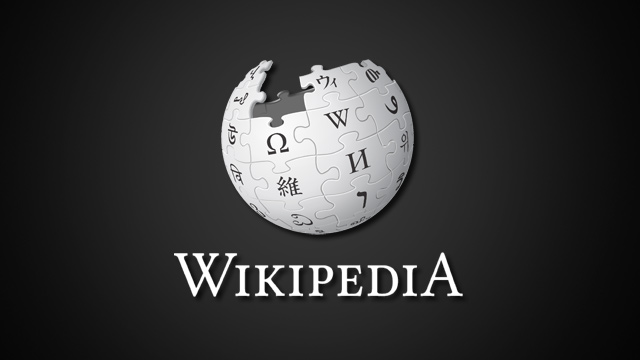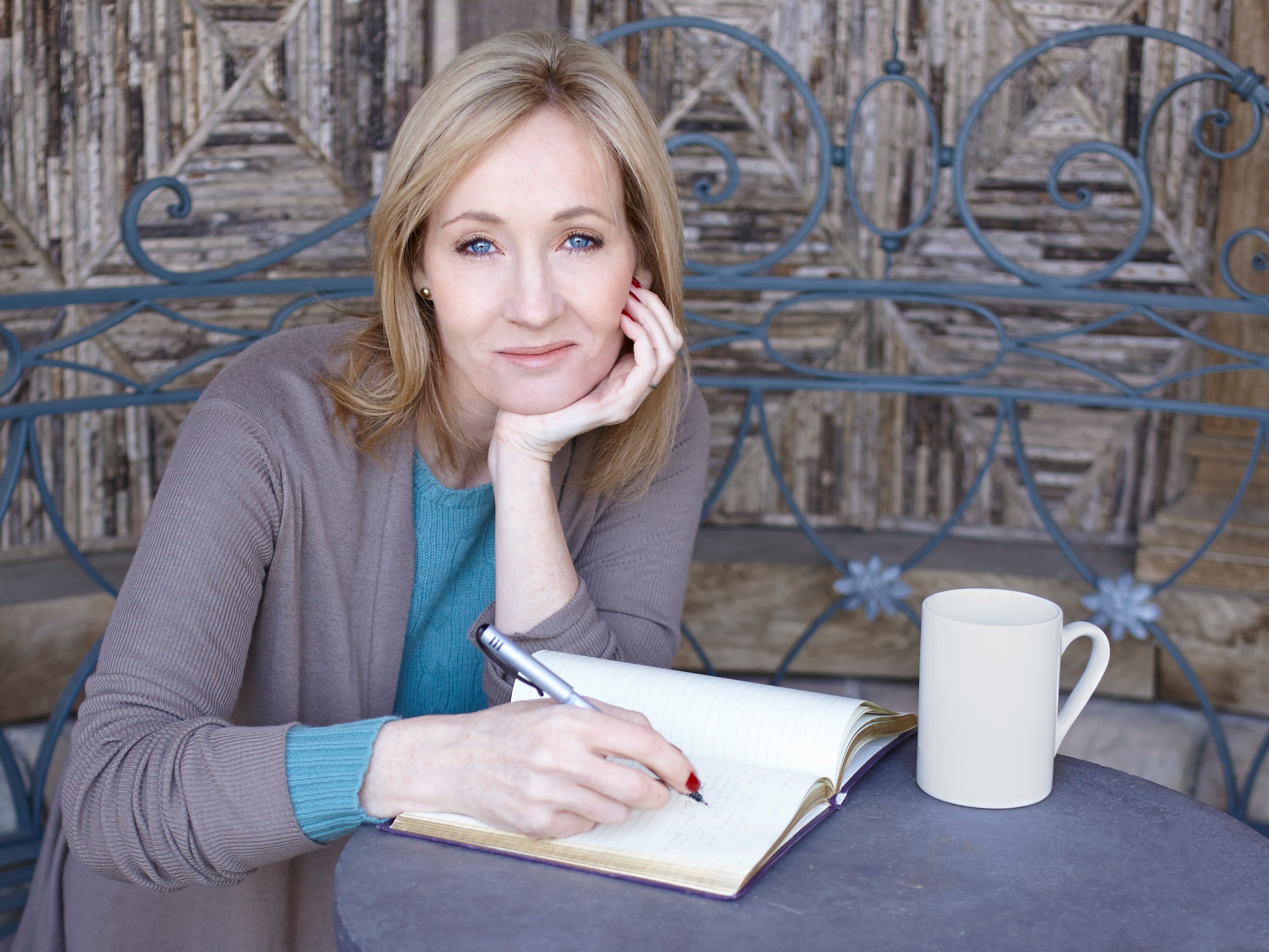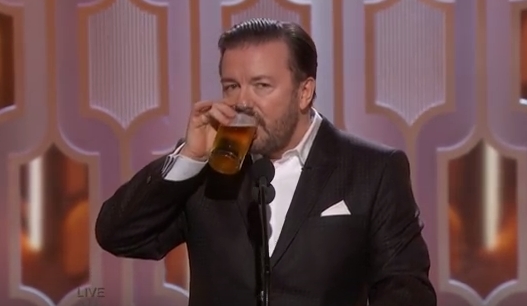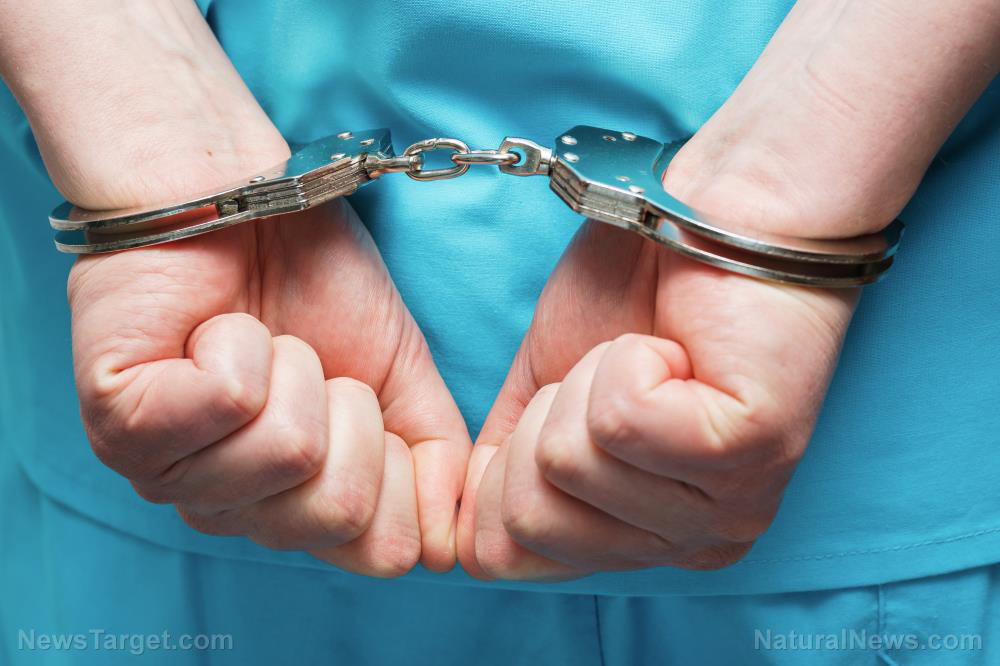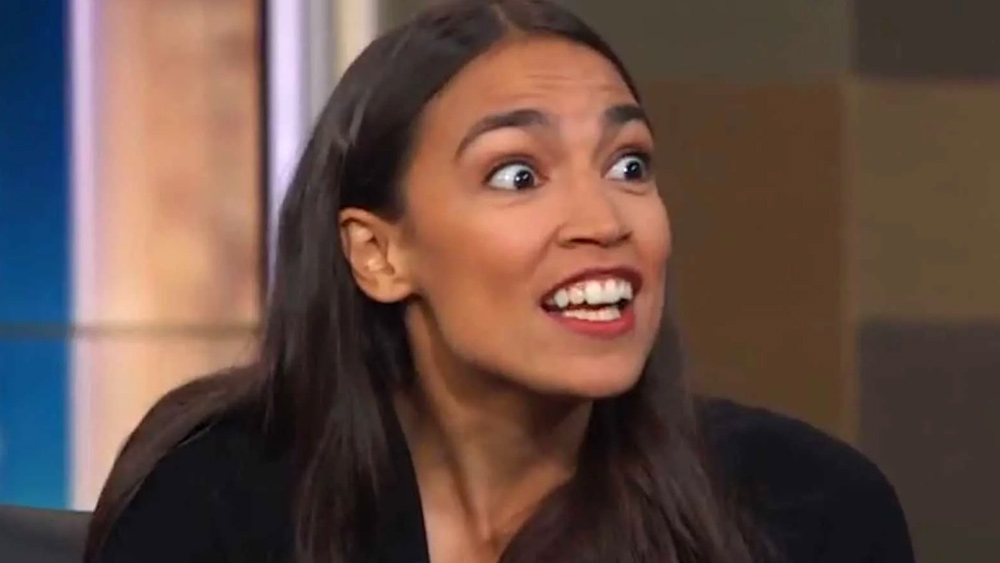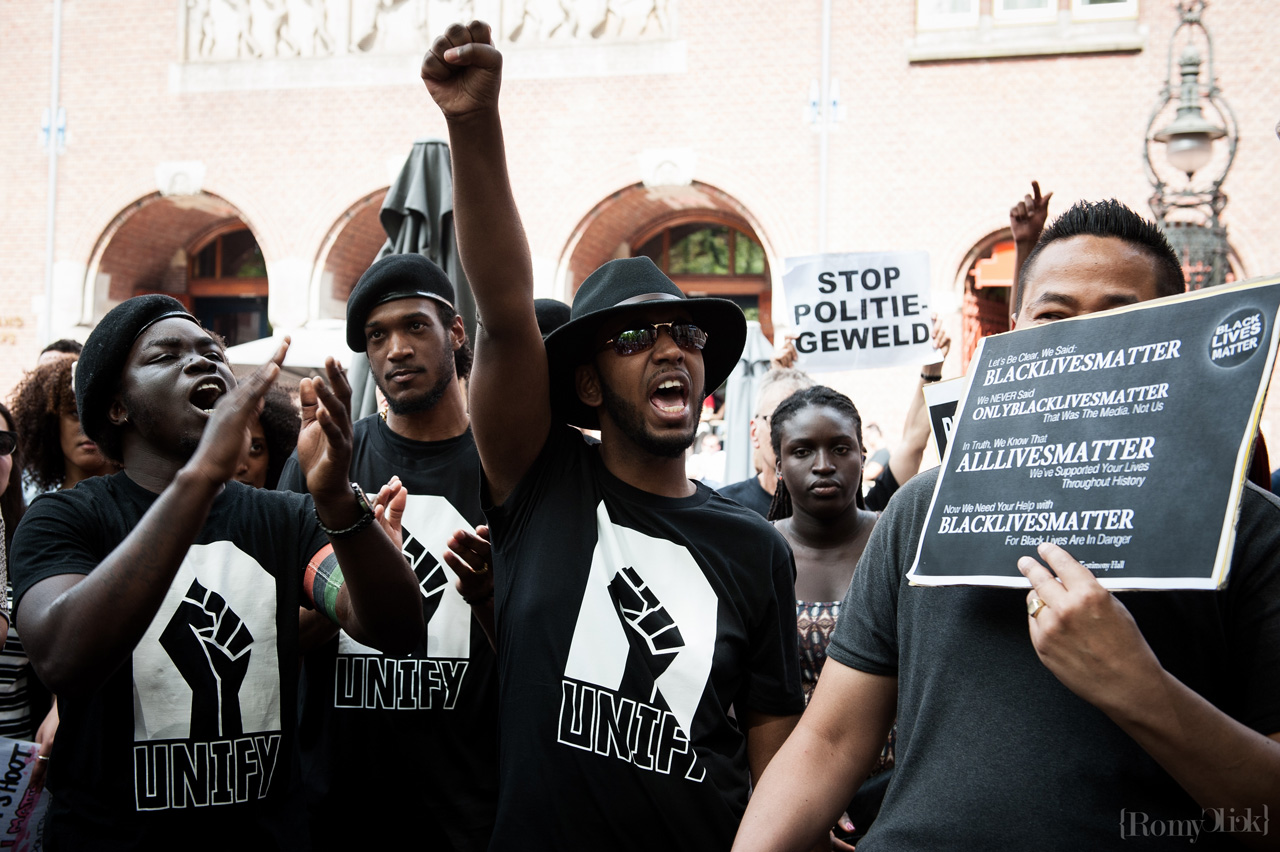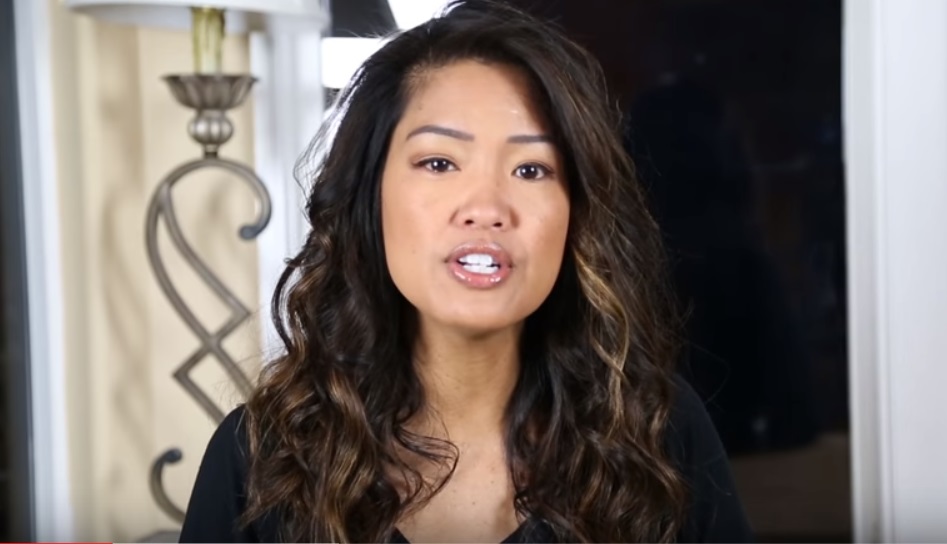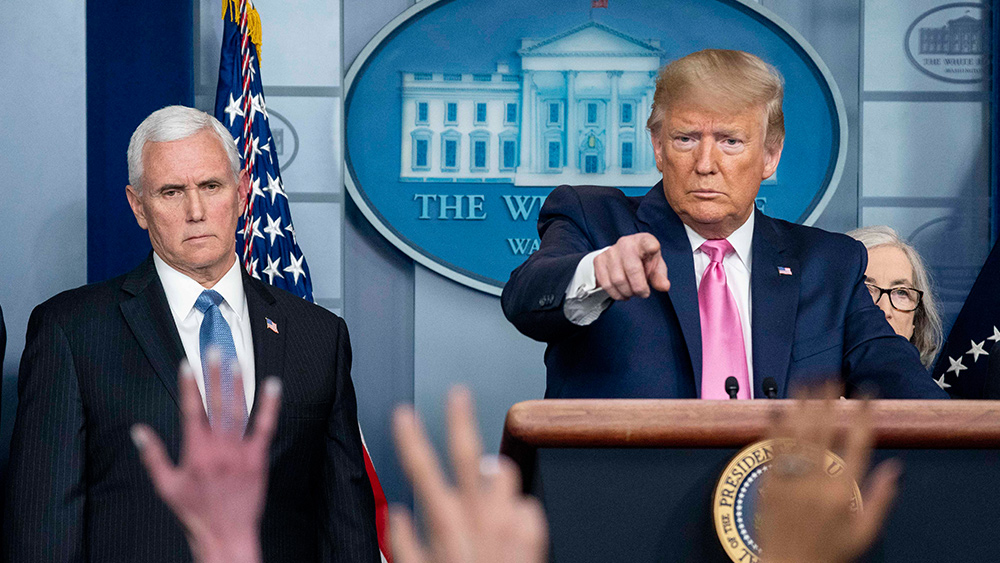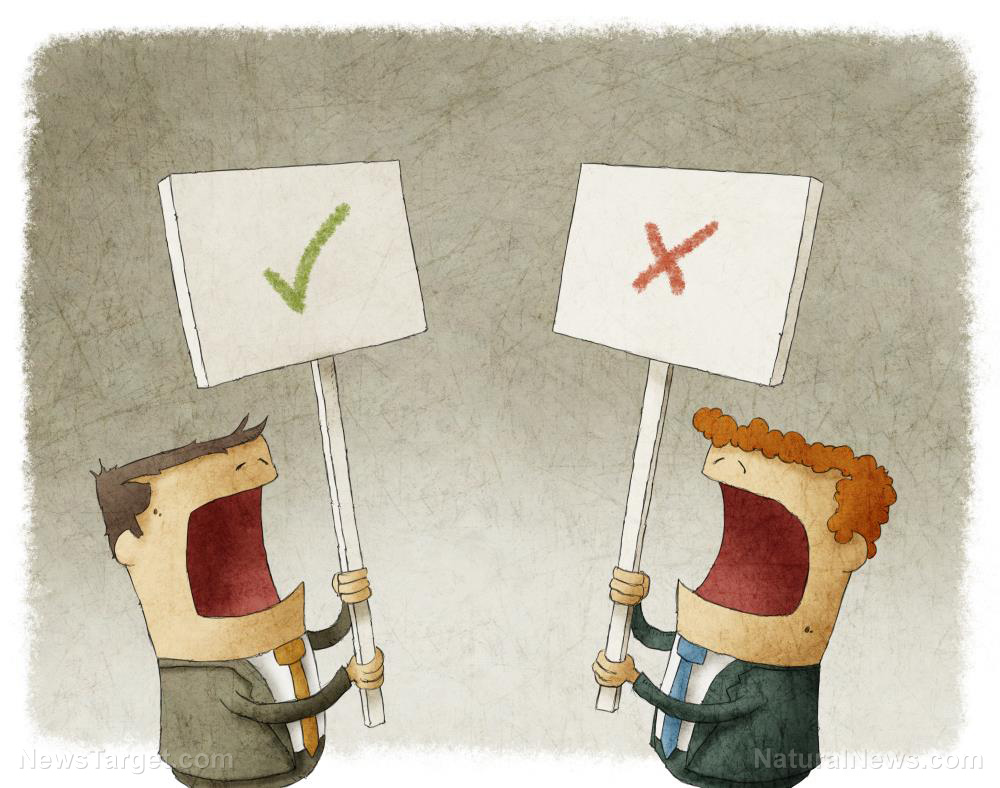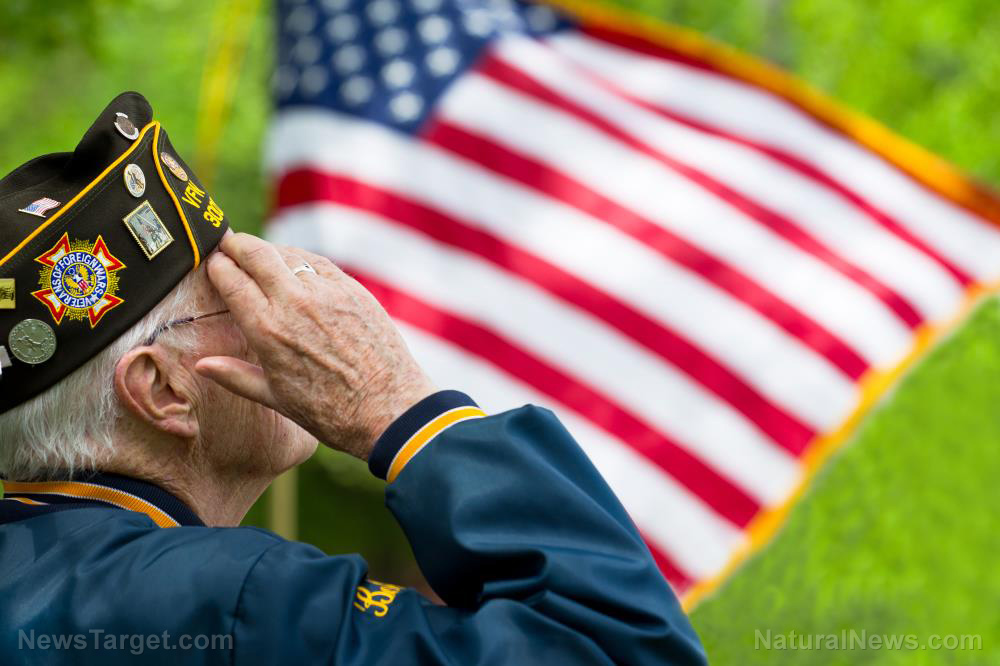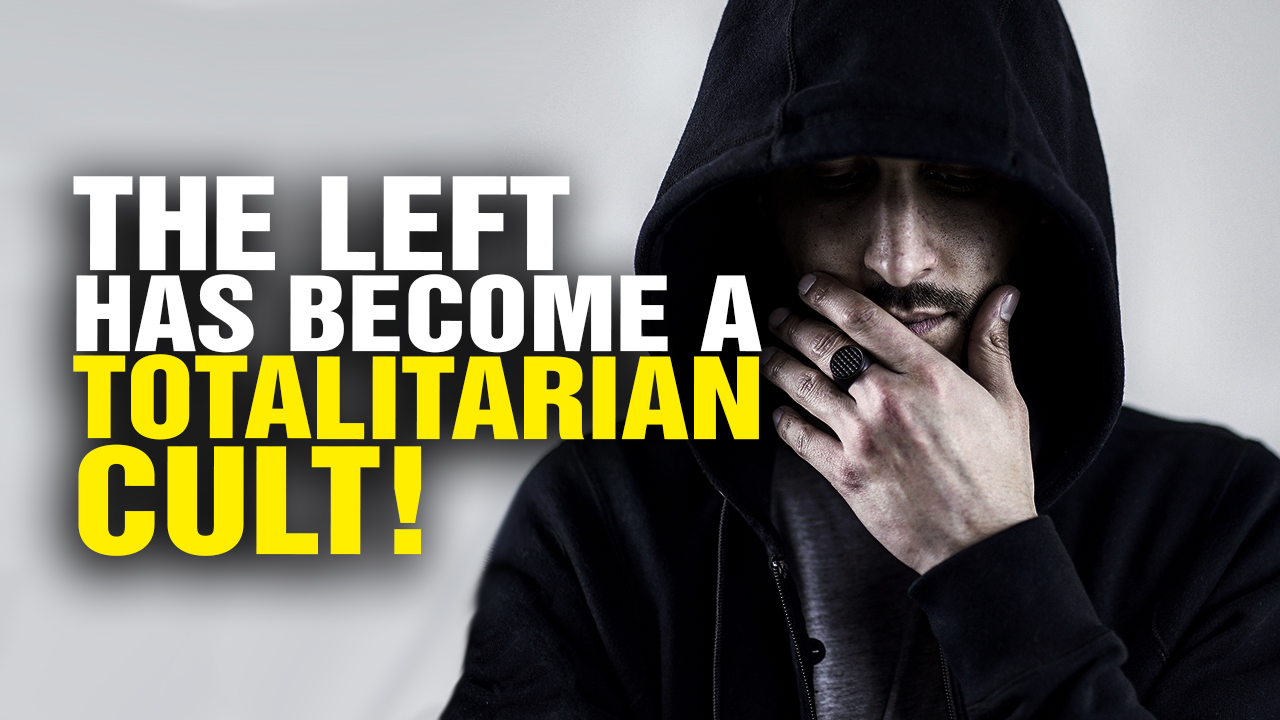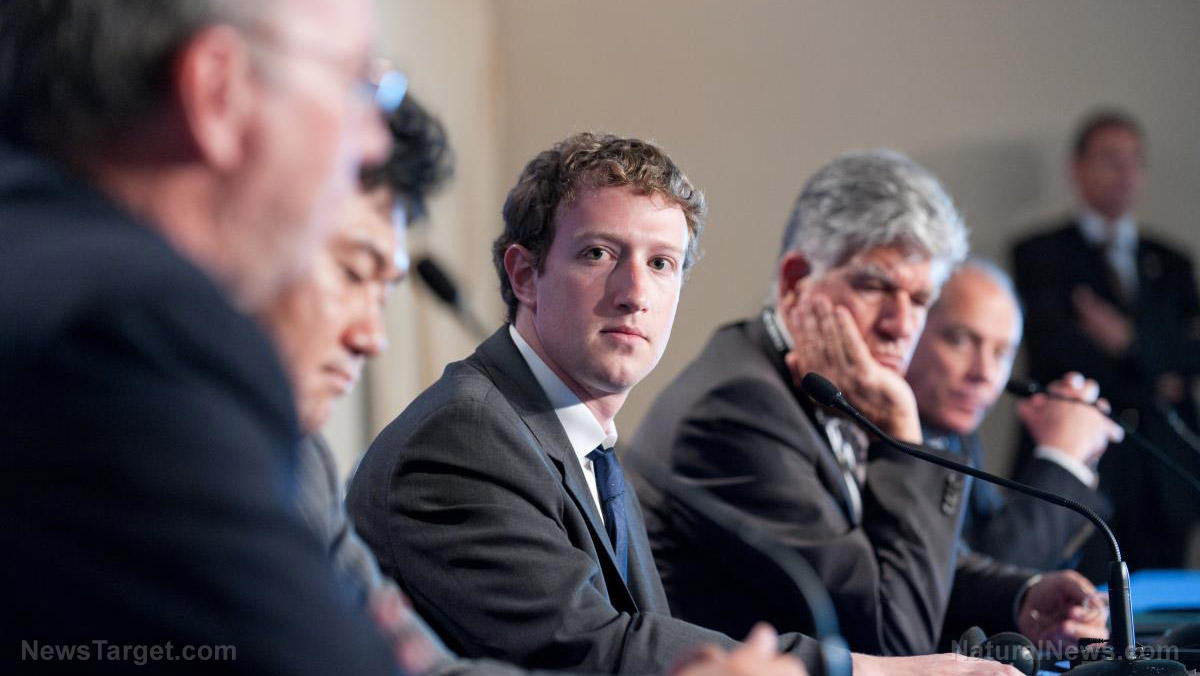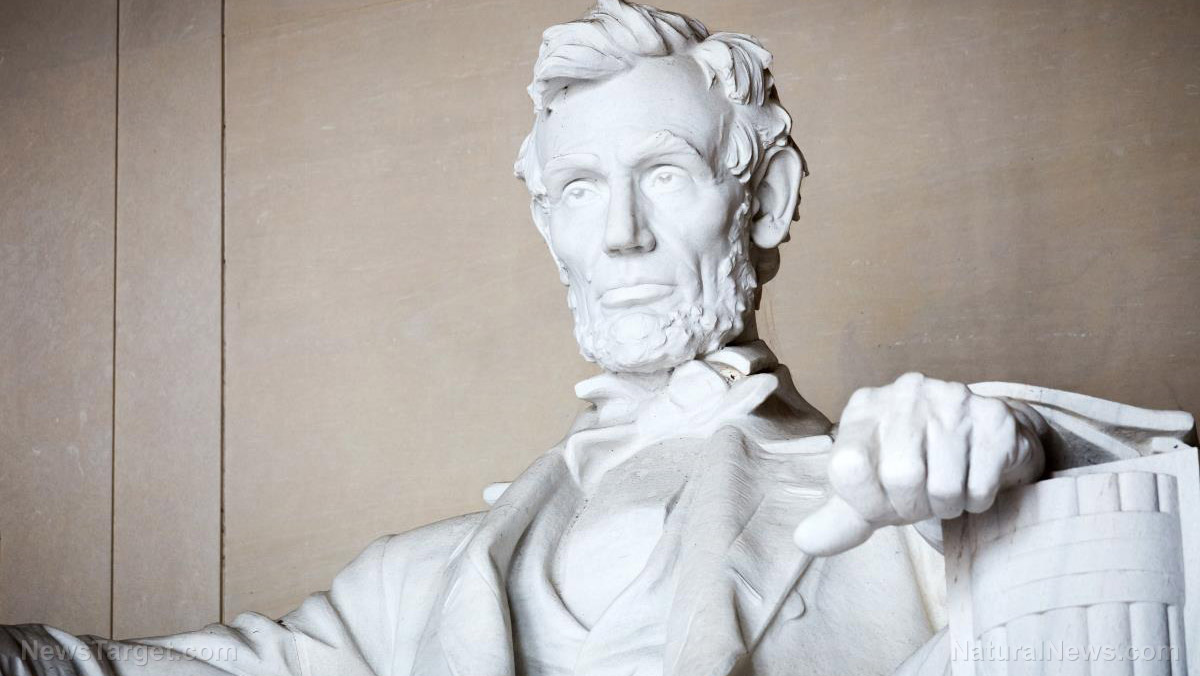Scrabble bans “offensive” words to appease “cancel culture” mob
07/14/2020 / By Ethan Huff
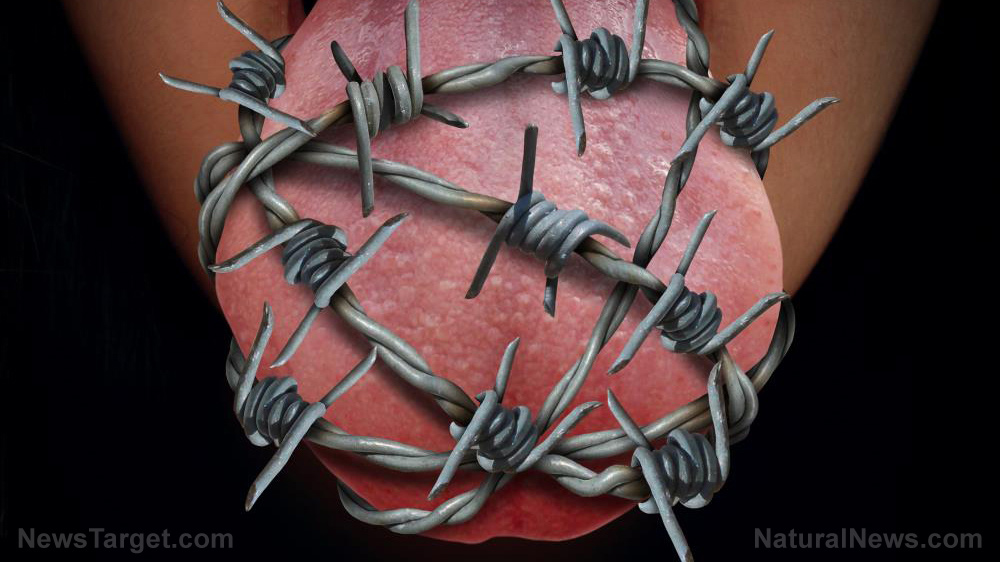
Some nitpicky changes are coming to the world of competitive Scrabble, and as usual, the political correctness brigade is to blame.
The North American Scrabble Players Association (NASPA) is reportedly banning 226 words that some people might find “offensive,” which means professional Scrabble players are going to have to retool the way they play the game. This is similar to what is taking place in Rhode Island, where politicians are trying to change the name of the state to make it less “racist.”
While many of these words were already removed from the official Scrabble dictionary for regular players back in 1994, the professional leagues have continued to use them because, like all other words in the Scrabble dictionary, they hold strategic importance.
Despite being a game of words, Scrabble is actually more of a math game by which words are used merely to score points. In other words, the words themselves hold little or no meaning as far as the game is concerned, while the squares on which their tiles rest are everything.
Professional Scrabble players of all ethnicities are generally in agreement that words, no matter how “offensive,” are not that big of a deal when it comes to playing the game. But a handful of “cancel culture” adherents have been pushing to have certain words removed in order to achieve “progress.”
In a recent announcement, Hasbro, the toy-making company that owns the rights to Scrabble in North America, stated that NASPA has “agreed to remove all slurs from their word list for Scrabble tournament play, which is managed solely by NASPA and available only to members.”
While Hasbro has no control over the 192,111 playable words used by NASPA, it does govern the Scrabble license used by the group and “is not eager to see slurs associated with its brand.” Consequently, the “bad” words are going away for good which, for far-leftists, is a cause for celebration.
Black Scrabble professionals say: Leave the game alone!
Interestingly, many “minority” Scrabble professionals see nothing wrong with the slur words being removed and have actually petitioned for them to remain. Once again, it would seem to be guilt-ridden whites trying to show off their “anti-racism” that are leading the censorship charge.
“If I’m going to lose the game playing a different word, then I’m going to use that word,” says Noel Livermore, a professional black Scrabble player from Florida about the use of “offensive” words in Scrabble. “I need to score points and on that board, they don’t have any meaning.”
According to Livermore and many others who play professionally, Scrabble is “a numbers game disguised as a word game.” And if he as a black man does not have a problem with the use of “questionable” words, then why should anyone else?
Columbia University linguistics professor John McWhorter posed the same thought in stating that it is basically just white people “testifying to their goodness as anti-racists” who are suggesting these types of changes.
“In one sense, they’re words. They may not be words we like, but they’re words,” says C. Douglas Golden, writing for Western Journal. “For the last quarter-century, the game of hardcore Scrabble has continued to develop with these words in the equation.”
As is typically the case with these types of controversies, their “solutions” accomplish very little, if anything. In this case, removing a handful of words from professional Scrabble play does nothing but force competitive players “to learn which words they can’t use,” further writes Golden.
“If that’s progress,” he adds, “it’s certainly a very odd version of it.”
Commenting on the changes, one Western Journal commenter joked that “the only letters coming out with the new Scrabble game will be B, L, and M,” referring to Black Lives Matter.
“This should be banned also,” responded another. “It is an offensive racist group.”
Sources for this article include:
Tagged Under: banned, cancel, Censored, Censorship, game, insanity, left cult, Leftists, liberals, Libtards, Lunacy, lunatics, offensive, Scrabble, speech police, thought crimes, thought police, words
RECENT NEWS & ARTICLES
COPYRIGHT © 2018 SPEECHPOLICE.NEWS
All content posted on this site is protected under Free Speech. SpeechPolice.news is not responsible for content written by contributing authors. The information on this site is provided for educational and entertainment purposes only. It is not intended as a substitute for professional advice of any kind. SpeechPolice.news assumes no responsibility for the use or misuse of this material. All trademarks, registered trademarks and service marks mentioned on this site are the property of their respective owners.

